Contents
- 1 The Making of a Spy: The Spy Who Helped Prevent World War III
- 2 Recruitment by MI6
- 2.1 The Approach in Denmark
- 2.2 Becoming a Double Agent
- 2.3 RelatedPosts
- 2.4 Pope Francis’ Legacy: A Pope for the Poor, the Marginalized, and Global Unity
- 2.5 The Taliban Prison Uprising: How CIA Operatives Faced Chaos and Tragedy in the Hunt for Bin Laden
- 2.6 The Rise of Hezbollah: The CIA’s Role in Unmasking and Battling a Global Threat
- 3 Inside the KGB: Gordievsky’s Espionage
- 4 The Betrayal and Capture
- 5 The Great Escape: Operation Pimlico
- 6 Averting World War III
- 7 Life After Defection
- 8 The Cold War’s Unsung Hero
The Cold War was an era of intense espionage, brinkmanship, and paranoia, with both superpowers vying for dominance on a global stage. At the heart of this perilous game was one man whose courage and craftiness altered the course of history. Oleg Antonovitch Gordievsky, a KGB officer turned British spy, played a pivotal role in defusing Cold War tensions and preventing the world from plunging into nuclear annihilation. This is the extraordinary story of his life, his motivations, and his daring escape from the Soviet Union.
The Making of a Spy: The Spy Who Helped Prevent World War III
A KGB Legacy
Born in Moscow in 1938, Oleg Gordievsky grew up in a family steeped in Soviet ideology. His father was a staunch KGB officer, and the expectation was that Oleg would follow in his footsteps. However, seeds of doubt were sown early in his life. Exposure to Western culture and ideas began to erode his faith in the Communist system, planting the first inklings of rebellion in the young officer’s mind.
A Turning Point: The Prague Spring
The events of the Prague Spring in 1968 marked a watershed moment for Gordievsky. The Soviet Union’s brutal suppression of democratic reforms in Czechoslovakia left him disillusioned and morally outraged. Gordievsky’s anguish reached a breaking point, and he confided his despair to his wife—a rare moment of vulnerability for the otherwise stoic officer. This disillusionment set him on a path that would eventually lead to his collaboration with #MI6.
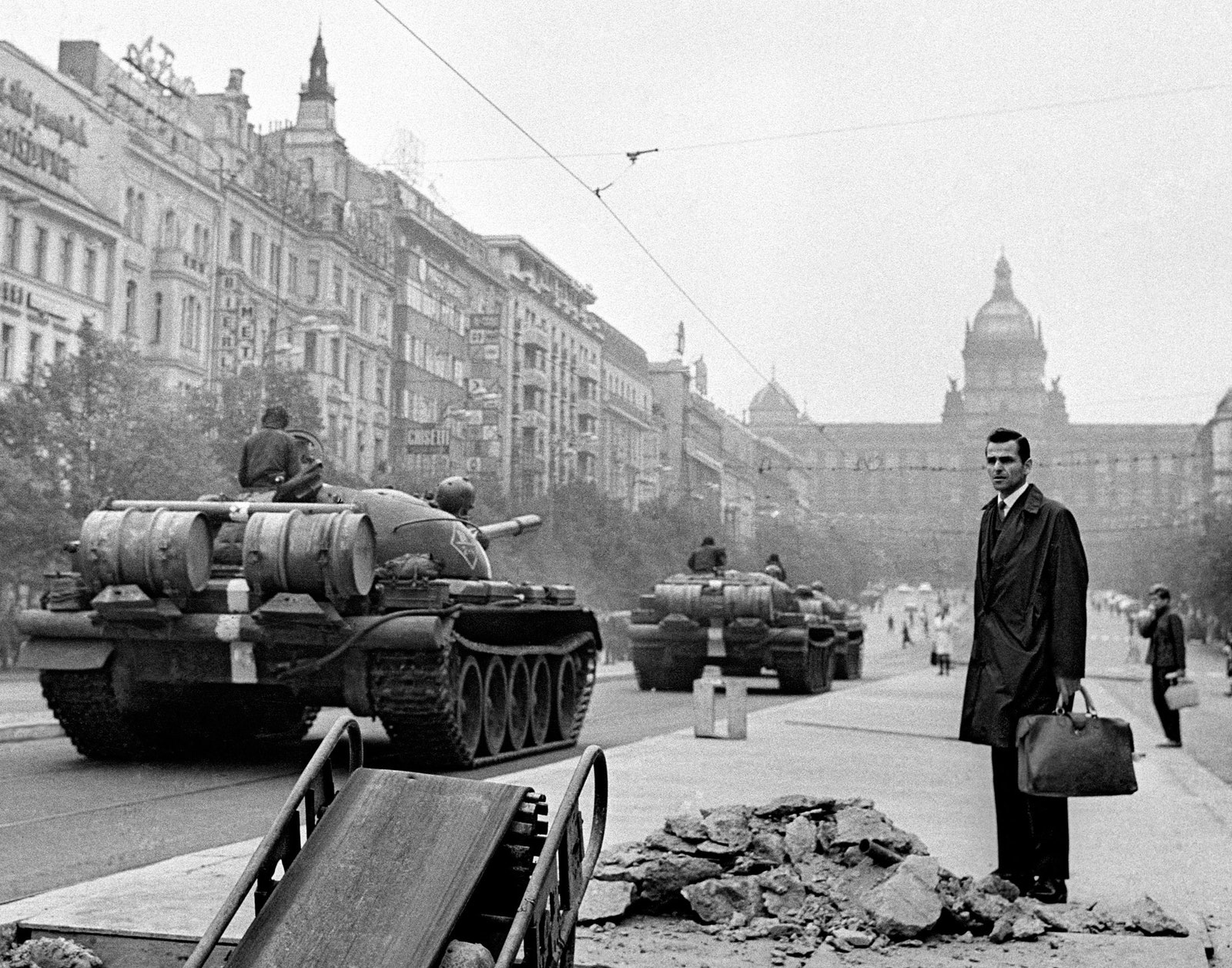
Recruitment by MI6
The Approach in Denmark
Stationed in Copenhagen as a Soviet diplomat in the early 1970s, Gordievsky was deeply immersed in the espionage games of the #ColdWar. Danish intelligence noticed his growing disenchantment with Soviet policies—after listening in on Gordievsky’s call with his wife—and saw an opportunity. They coordinated with Britain’s MI6 to recruit him during a seemingly innocuous badminton game.
The approach was fraught with risks: Gordievsky could have been a double agent or might have reported the attempt to his #KGB superiors. Fortunately, he agreed to work for MI6, driven by ideological convictions rather than material gain. The story goes that before accepting to spy for MI6, Gordievsky asked for three things: that he not be followed or photographed, and that he not be paid for his services.
Becoming a Double Agent
In 1975, Gordievsky began providing MI6 with critical intelligence. His initial contributions included smuggling microfilm from the Soviet embassy, revealing sensitive KGB operations and agent identities. Despite the ever-present threat of exposure, Gordievsky continued to relay information that proved invaluable to British intelligence. His commitment to the cause was extraordinary, as he understood the dire consequences of his actions: exposure would mean certain death.
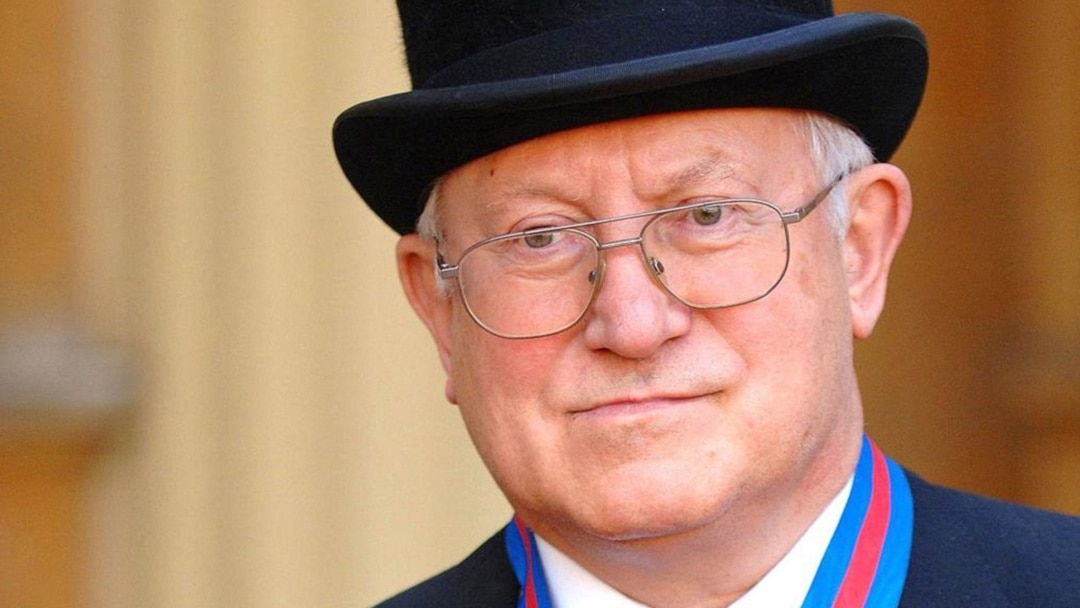
Inside the KGB: Gordievsky’s Espionage
Rising Through the Ranks
In 1982, Gordievsky’s career took a significant turn when he was promoted to a senior position at the KGB’s London residency. This promotion provided him with access to highly classified information and the ability to monitor Soviet infiltration of British society. Gordievsky fed MI6 a steady stream of intelligence, exposing KGB operatives and operations within the UK.
Teetering on the Brink of WWIII: The Danger of Reagan’s Rhetoric
By the early 1980s, the geopolitical climate had reached a boiling point. Soviet leader Yuri Andropov became increasingly paranoid about a potential first-strike nuclear attack by the United States. President Ronald Reagan’s aggressive anti-communist rhetoric, including his branding of the Soviet Union as the “Evil Empire,” exacerbated these fears. The NATO military exercise Able Archer in 1983 nearly triggered a Soviet response, as it was misinterpreted as a cover for a nuclear strike.
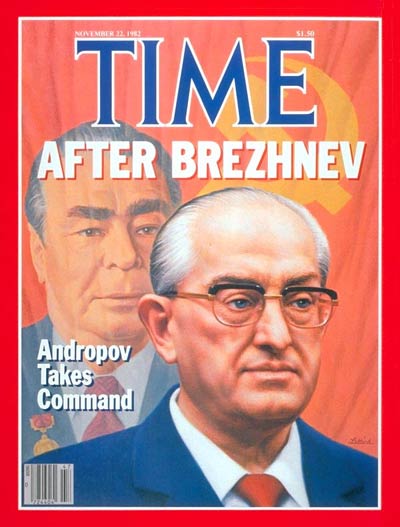
Gordievsky’s intelligence during this period was crucial. He informed MI6 about the Soviet leadership’s escalating fears, which were rooted more in paranoia than in actual U.S. intentions. This insight allowed British Prime Minister Margaret Thatcher to intervene diplomatically, persuading Reagan to temper his rhetoric and avoid actions that might provoke a catastrophic response.
The Betrayal and Capture
Compromised by a Mole
Gordievsky’s covert work was abruptly jeopardized when Aldrich Ames, a Russian mole within the CIA, betrayed him to the KGB in 1985. Upon his return to Moscow, Gordievsky was immediately arrested and subjected to intense interrogation. The KGB drugged him, hoping to extract a confession, but Gordievsky steadfastly refused to admit his role as a double agent.
Under House Arrest
Despite the KGB’s suspicions, they lacked concrete evidence against Gordievsky. He was placed under house arrest, monitored constantly, and cut off from his MI6 handlers. Realizing his days were numbered, Gordievsky initiated an audacious escape plan known as “Operation Pimlico,” orchestrated by MI6.
The Great Escape: Operation Pimlico
A Daring Plan: How Oleg Antonovitch Gordievsky Defected from the Soviet Union
Operation Pimlico
was one of the most daring exfiltration missions in the history of espionage. It required direct approval from Prime Minister Thatcher, highlighting the operation’s sensitivity and significance. Gordievsky’s escape route involved traveling to the Soviet-Finnish border, where MI6 operatives awaited to smuggle him out in the trunk of a car.

Evading the KGB
The escape was fraught with peril. Gordievsky navigated multiple KGB checkpoints—5 in number—relying on his extensive training and steely nerves. The signal for his extraction—a snippet of Jean Sibelius’ Finlandia music—marked the critical moment when MI6 agents sprang out of danger and reached a safe distance. Stuffed into a car trunk, Gordievsky endured a harrowing journey across the border into Finland, leaving the clutches of the KGB behind.
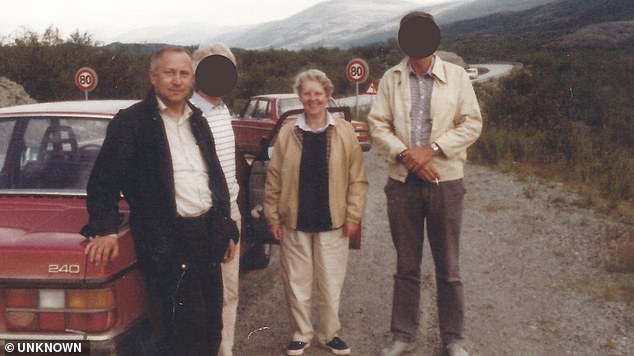
Averting World War III
Thatcher, Reagan, and Diplomacy: How a Russian Spy Helped Prevent World War III
The intelligence provided by Gordievsky proved instrumental in averting a nuclear catastrophe. Armed with Gordievsky’s insights, Thatcher successfully convinced Reagan to adopt a more conciliatory tone toward the Soviet Union. This shift in rhetoric helped ease tensions and laid the groundwork for improved U.S.-Soviet relations under Mikhail Gorbachev.
A Triumph for Espionage
Gordievsky’s defection not only dealt a blow to the KGB but also demonstrated the critical role of intelligence in shaping global events. His contributions enabled the West to better understand Soviet fears and intentions, reducing the likelihood of miscalculations that could have led to war.
Life After Defection
A Hero in Exile
After his defection, Gordievsky settled in the UK, where he continued to assist British intelligence. His contributions earned him high honors, including being appointed a Companion of the Most Distinguished Order of St. Michael and St. George (CMG) for “services to the security of the United Kingdom” in 2007, an accolade typically reserved for diplomats and spies of exceptional merit.
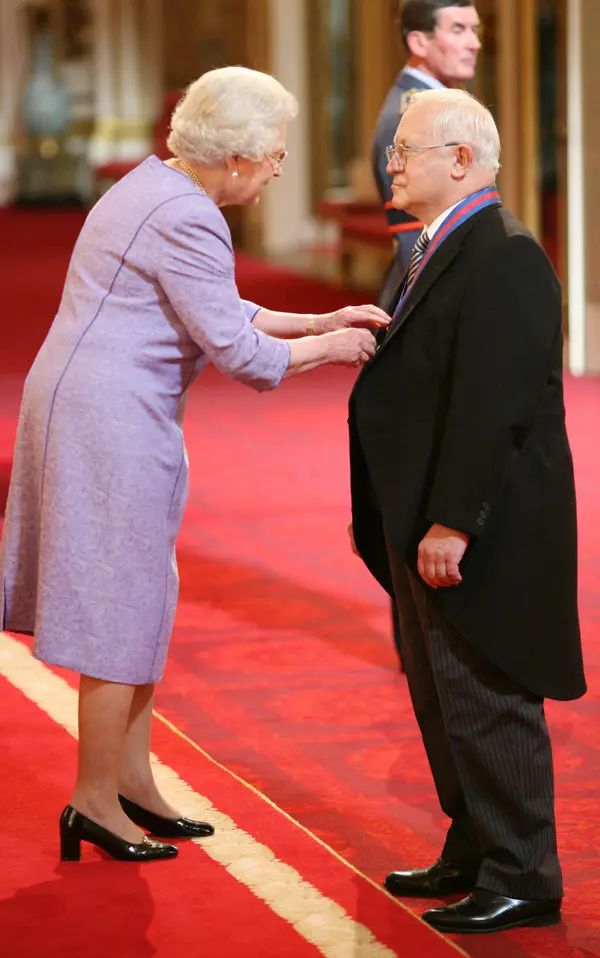
A Personal Sacrifice: Family and Marriage Lost
Sacrifices and Legacy
Oleg Gordievsky’s defection came at an immense personal cost. Without warning or explanation, he had to leave his wife and children behind in the #SovietUnion; to ensure their safety and avoid implicating them in his betrayal of the KGB. He was separated from his family for years, and the KGB retaliated by targeting his loved ones. His marriage ultimately fell apart under the strain of separation and the inherent dangers of his double life.
The KGB retaliated by cutting off his family, denying them the chance to reunite for years. While Gordievsky’s decision saved countless lives, it came at the expense of his closest relationships, a burden he carried with quiet resilience. Despite these hardships, Gordievsky remained resolute in his belief that his sacrifices were necessary to prevent global catastrophe.

Falling in Love with Freedom: Why Oleg Antonovitch Gordievsky Defected
Oleg’s time in Denmark as a Soviet diplomat opened his eyes to a world far removed from the oppressive Soviet regime. The stark contrast between the freedom, openness, and individual rights in Denmark and the stifling authoritarianism of the USSR profoundly impacted him.
The vibrant cultural and political life he observed in Copenhagen made him realize that the Soviet Union’s ideology was flawed, and its system was a barrier to human potential. This experience, coupled with the horrors of events like the Prague Spring, crystallized his resolve to oppose the regime from within.
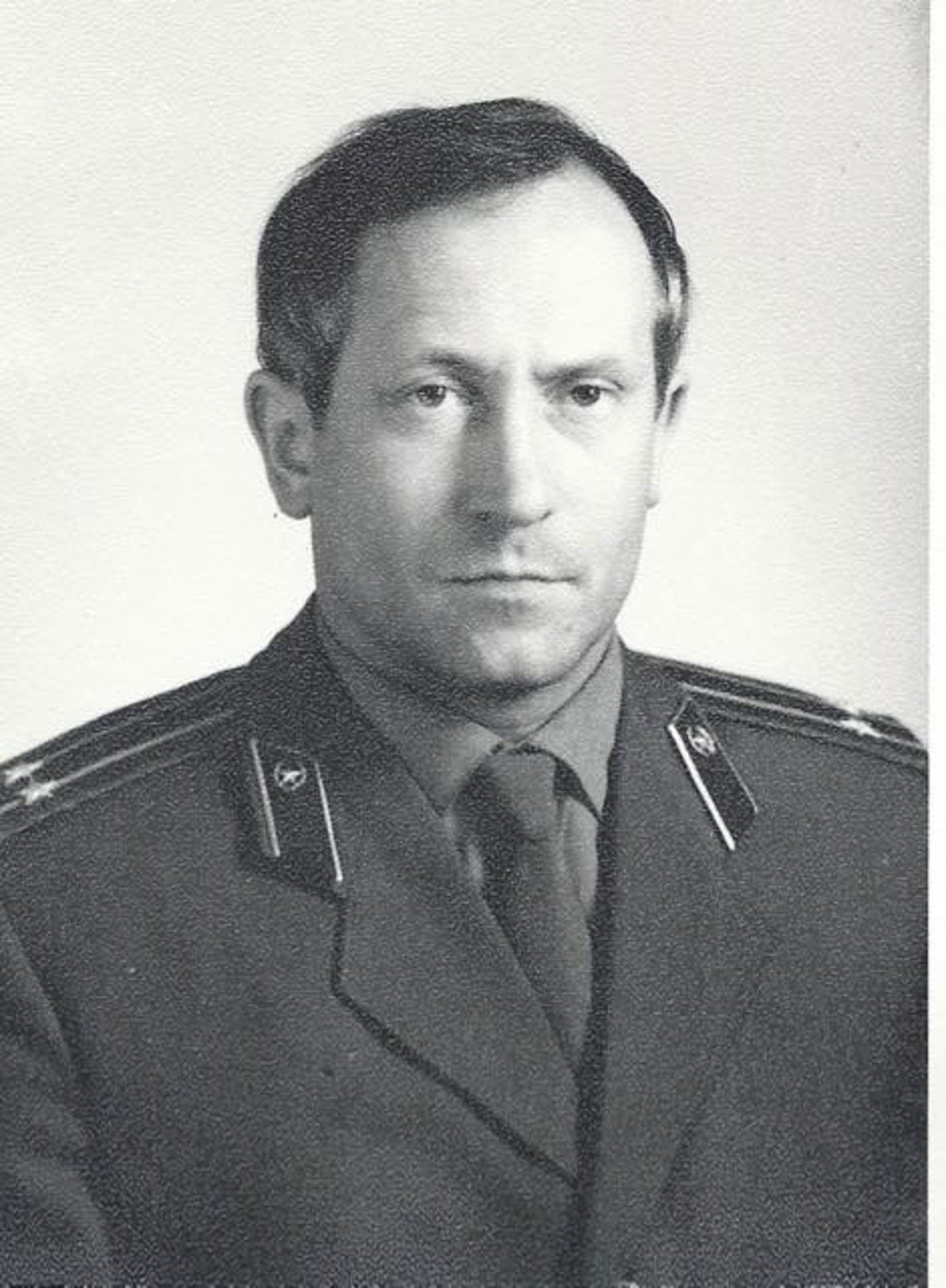
Gordievsky vs. Kim Philby: Two Opposing Defections
Oleg Gordievsky’s defection to the West stands in stark contrast to Kim Philby’s betrayal of Britain for the Soviet Union. While Philby—and the rest of the Cambridge Five— spied for ideological loyalty to communism, Gordievsky’s betrayal stemmed from a moral and ideological rejection of the Soviet system. Philby’s defection to Moscow marked the deep wounds of the Cambridge Five scandal, where trust in Western intelligence was shaken.
Related: The Cambridge Five: Britain’s Most Infamous Spy Ring
Conversely, Gordievsky’s defection strengthened the West’s resolve and capabilities, proving invaluable in Cold War diplomacy. Where Philby’s actions symbolized treachery, Gordievsky’s represented bravery, courage and the pursuit of freedom. Both men’s stories highlight the moral complexities of espionage but showcase starkly different motivations and legacies.
Related: The British MI6 Agent Turned Russian Spy: The Story of Kim Philby
The Cold War’s Unsung Hero
Oleg Gordievsky’s story is a testament to the power of individual courage in the face of overwhelming odds. As a man who straddled two worlds, he risked everything to serve a cause greater than himself. His intelligence work not only saved countless lives but also reshaped the course of history, demonstrating that even in the darkest times, the actions of one person can illuminate a path to peace.
Watch The Smithsonian’s Documentary ‘The Man Who Saved the World‘ for more on Gordievsky’s life, work, and contribution to world peace. Courtesy of The Smithsonian.
 Gordievsky may not have sought fame, but his legacy as the spy who prevented World War III is a powerful reminder of the stakes of the Cold War—and the enduring importance of those who dare to defy tyranny.
Gordievsky may not have sought fame, but his legacy as the spy who prevented World War III is a powerful reminder of the stakes of the Cold War—and the enduring importance of those who dare to defy tyranny.
Related: The Spy Series Review
This article has been written with the help of A.I. for topic research and formulation.









